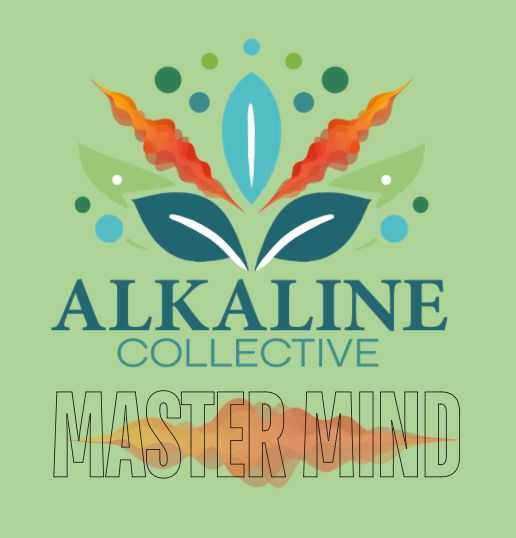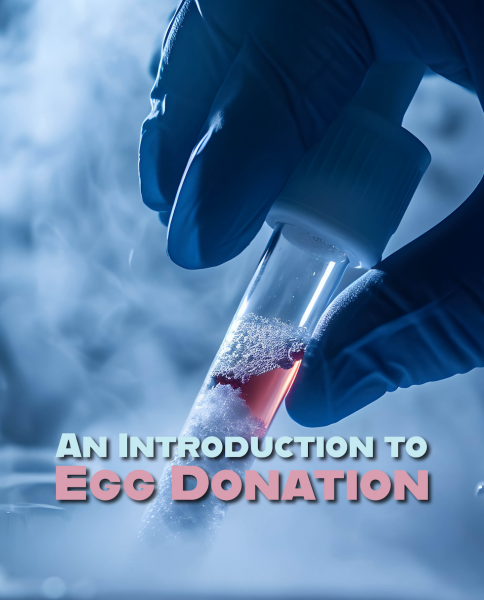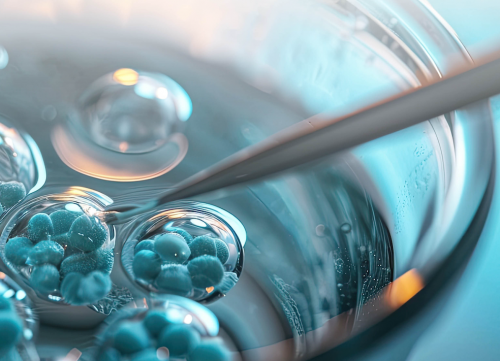An Introduction to Egg Donation
Egg donation is a remarkable thing that can help individuals and couples struggling with infertility realise their dream of having a family. It’s a deeply personal and altruistic act that involves donating your eggs to someone else who cannot conceive with their own eggs.
Choosing to donate your eggs is a big decision which is why it’s natural to want to know all the ins and outs of what it entails. Let’s explore what egg donation is, why it’s an amazing thing to do if you can, and how you can become an egg donor.
What is egg donation?
Egg donation is a process where you provide eggs to another person or couple so that they can use them for IVF. The donated eggs are fertilised in a laboratory and then either transferred to the recipient’s uterus or frozen so that they can undergo treatment in the future.
Why is egg donation a great thing to do?
Egg donation is a profoundly impactful act of kindness. For many, it’s a way to help others achieve the joy of parenthood, something that otherwise might be out of reach. There are many reasons why an individual or couple might not be able to use their own eggs to conceive including:
- The number of eggs they have is low
- The quality of their own eggs is poor
- They have primary ovarian insufficiency, which stops regular ovulation
- They have a condition that impacts their fertility, such as endometriosis
- They have a family history of a serious genetic disease and don’t want to pass this
on to their child - They were assigned male at birth, meaning they don’t produce their own eggs and
need a donor and surrogate to become a biological father
Donors often express a deep sense of fulfilment and happiness knowing they have made such a significant difference in someone else’s life. Additionally, egg donation contributes to advancing scientific research and understanding of fertility, potentially helping many more people in the future.
What’s the egg donation process like?
Egg donation is a relatively straightforward process and while it can vary slightly from place to place, fertility clinics usually follow the same format:
Registering your interest
The process starts with you contacting a fertility clinic or egg donation agency to let them know you’re interested in donating your eggs. You’ll fill out some initial forms and questionnaires to provide basic information about your health and background.
Health screenings
Next, you’ll go through comprehensive medical evaluations, including blood tests and a pelvic ultrasound, to check your overall health and ovarian reserve. You’ll also undergo genetic testing to screen for any hereditary conditions and a detailed review of your personal and family medical history will be conducted.
Counselling
You’ll participate in counselling sessions where you can discuss the emotional, psychological, and ethical aspects of egg donation. This step helps you understand your motivations for donating and the implications of doing so.
Consent
After understanding all aspects of the process, you’ll review and sign legal documents to provide your informed consent.
Ovarian stimulation
You’ll begin taking hormonal medications to stimulate your ovaries to produce multiple eggs. Regular monitoring through blood tests and ultrasounds will track how your body is responding to the medication.
Egg collection
The final step is the egg retrieval procedure, typically taking around 20 minutes and done under sedation or general anaesthetic. A thin needle will be used to collect the eggs from your ovaries via the vaginal wall. After a short recovery period, you’ll be able to go home the same day.
Is egg donation anonymous?
This is a common question with a yes and no answer. In the UK, egg donation is anonymous at the time of the donation. As a donor, you will only receive non-identifying information about the recipient, and vice versa. They will be told about your physical characteristics, health information and some details about who you are as a person to ensure that you’re the ideal match for them, but they won’t be told your name or given a current photo of you. However, anonymity has a time limit. Children conceived using donor eggs have the right to access identifying information about their donor once they turn 18 such as your name and last known address.
Are there any risks?
As with any medical procedure, there are potential risks involved with egg donation, although they are usually minimal and short-lived. The process involves hormonal treatments to stimulate the ovaries, which can cause side effects such as mood swings, bloating, and discomfort. The egg retrieval procedure itself carries minor risks associated with anaesthesia and the possibility of infection or bleeding. There is also a rare risk of ovarian hyperstimulation syndrome (OHSS), where the ovaries become swollen and painful. However, most donors experience very few side effects, being able to go about their usual routine during ovarian stimulation and resuming their normal activities the day after egg
collection.
How can I get involved?
If you’re interested in becoming an egg donor, the first step is to contact a clinic or a specialised egg donation agency such as Apricity, the UK’s leading online fertility clinic. Generally, donors need to be between 18-35 years old and in good health but the clinic you reach out to will be able to tell you all about their requirements, the process, and the support available to you. While egg donation involves careful consideration and some medical procedures, the
emotional and psychological rewards of helping someone else build a family can be immense. Ultimately, you’re not just donating eggs – you are giving someone else a chance at parenthood. It’s an incredible journey and a decision that can resonate positively throughout many lives, including your own.























